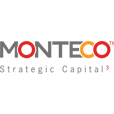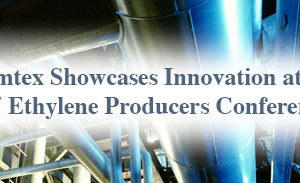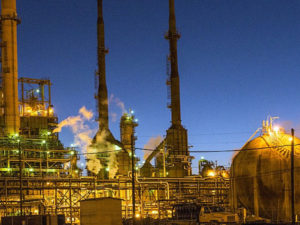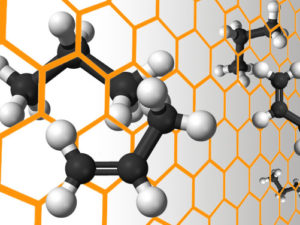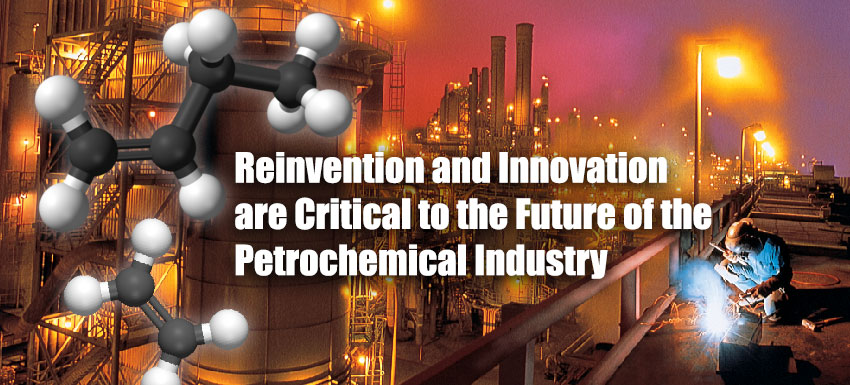
The petrochemical industry has been experiencing record-breaking profits over the past few years. A lot has to do with advantaged gas feedstocks available for downstream processes that convert olefins such as ethylene and propylene into plastics and rubbers that are used in growth markets such as the United States and Asia.
According to the article, Petrochemicals 2030: Reinventing the way to win in a changing industry (https://www.mckinsey.com/industries/chemicals/our-insights/petrochemicals-2030-reinventing-the-way-to-win-in-a-changing-industry), it is stated that “… slower demand growth in emerging economies and less abundant advantaged feedstocks are likely to undermine these value-creation strategies. Companies will likely have to take a more disciplined approach to capacity additions, returns may be more modest, and all petrochemical players will need to work much harder on core capabilities and strategy…”
As emerging growth markets such as China experience diminishing demand, and the availability of advantaged feedstock decreases over time, petrochemical companies will need to think of new ways to increase competitiveness by cutting operational costs and find new sources of revenue. Innovative technologies are now available to improve olefin production efficiency by upgrading purity of low value streams or extracting valuable olefins from waste streams.
Permylene™ membrane technology from Imtex Membranes Corp. is an innovative technology that is a viable, cost effective alternative to the traditional olefin/paraffin separation processes. Permylene membrane systems have considerably lower capital and operational costs, a positive environmental impact via a reduction in emissions, has the potential for recovery of valuable olefins from waste streams, and can upgrade value from mixed olefin/paraffin streams that are either impractical or impossible through traditional distillation methods.

